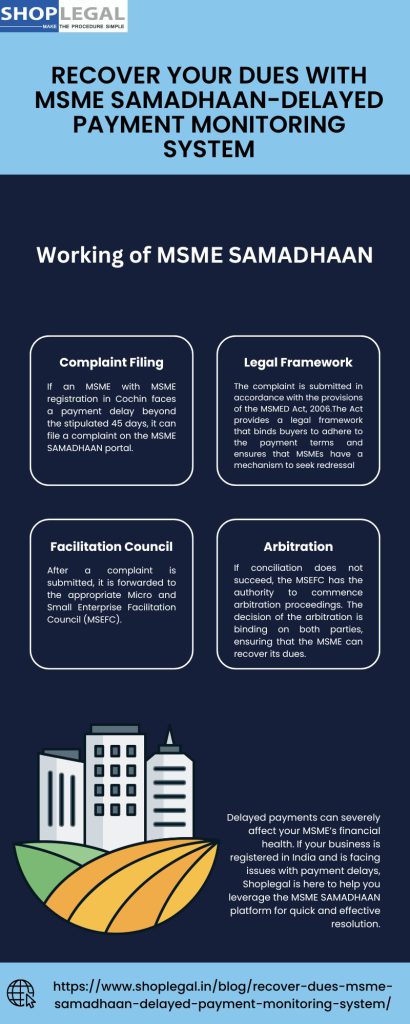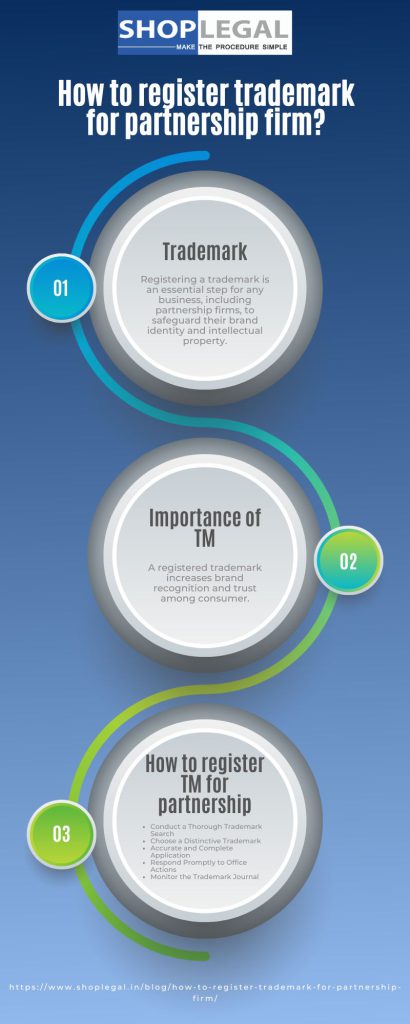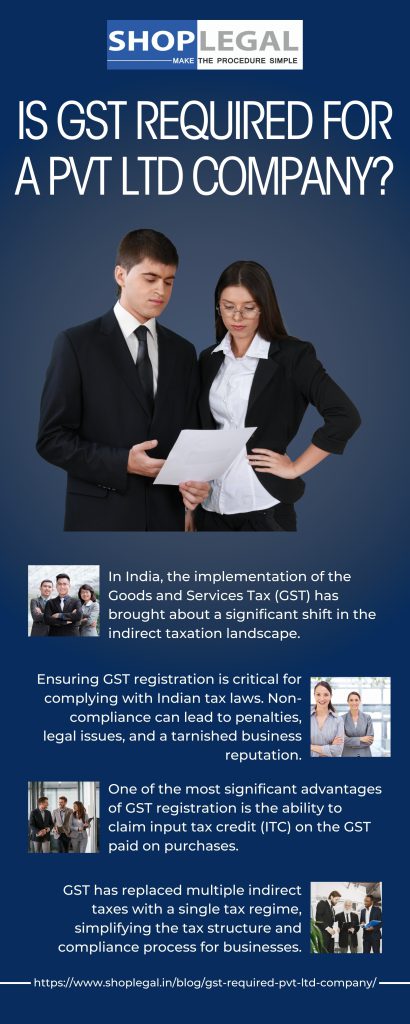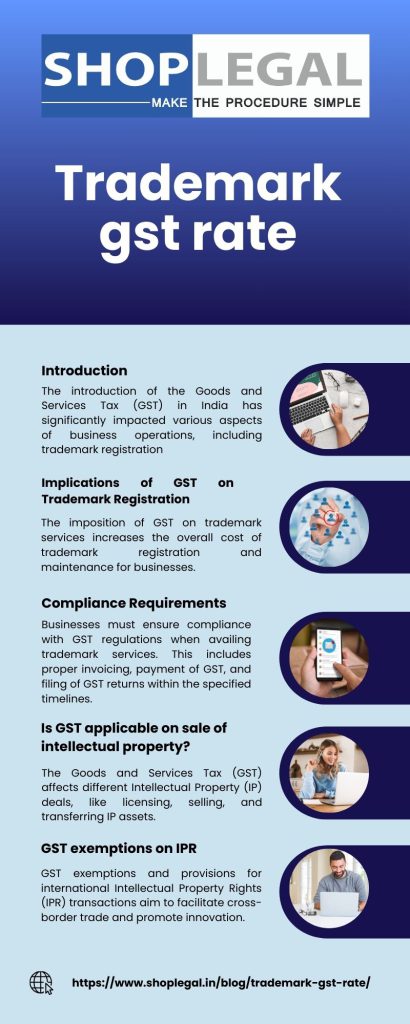Definition of Supply under GST
Under GST, ‘supply’ is broadly defined to encompass all transactions involving goods and services, such as sales, transfers, barters, exchanges, licensing, rentals, leasing, or disposals. These transactions must be made or intended to be made for consideration in the course or furtherance of business. This inclusive definition is essential as GST is levied on the supply of goods and services.
Key Elements of Supply:
- Consideration
- Business Purpose
- Taxable Event
- Consideration
Definition:
Supply typically requires consideration, either in monetary terms or kind, to qualify as taxable under GST with GST registration in Chennai. However, certain transactions are taxable even without consideration, such as specific dealings involving business assets or self-supplied services between related parties.
Importance:
Consideration is a critical factor in determining whether a transaction constitutes a supply under GST. Even if payment is deferred or made via alternate means, the transaction is considered a supply as long as a reciprocal relationship exists.
Exceptions:
As per Schedule I of the GST Act, some transactions, like specific transfers between branches or related parties, are deemed supplies even without consideration.
- Business Purpose
Definition:
Supplies must be made in the course or furtherance of a business. This includes activities regularly performed to achieve economic objectives.
Importance:
GST applies only to transactions related to a business or enterprise. Personal or non-business transactions are generally excluded from GST.
Examples:
- A manufacturer selling products to customers is a business supply.
- Providing free goods to employees as promotions or incentives may also be taxable.
- Taxable Event
Definition:
Under GST with GST registration in Coimbatore, the taxable event is the supply of goods or services rather than their manufacture, sale, or provision. GST applies at the point of supply.
Importance:
For GST liability to arise, a taxable event—supply—must occur. Without supply, there is no tax liability.
Scope of Supply:
- Includes sales, transfers, barters, exchanges, rentals, leases, or disposals made for consideration.
- Covers both intra-state and inter-state supplies and includes the import of goods and services.
Summary of Key Elements of Supply:
- Consideration: Reciprocal exchange of value is required.
- Business Purpose: The transaction must relate to business activities.
- Taxable Event: GST liability arises when goods or services are supplied.
These elements ensure proper application of GST by linking it to the transaction’s value, its connection to the business, and the point of supply.
Types of Supply:
- Taxable Supply: Goods or services charged GST at prescribed rates.
- Exempt Supply: Goods or services that attract no GST and do not allow input tax credit (e.g., certain food products, healthcare, or education services).
- Zero-Rated Supply: Exports or supplies to SEZs charged GST at 0%, allowing input tax credit claims.
- Non-GST Supply: Supplies outside GST’s scope, like alcohol for human consumption and certain petroleum products.
Components of Supply:
Place of Supply:
Determines whether a transaction is inter-state or intra-state, affecting whether IGST, CGST, or SGST applies. Rules for determining the place of supply vary based on whether it involves goods or services and whether it is domestic or international.
Value of Supply:
The value of supply refers to the monetary amount used to calculate tax. It typically equals the transaction value, including additional costs and fees charged by the supplier.
Key Points:
- Inclusions: Freight, commissions, taxes (excluding GST), late payment interest, and specific subsidies.
- Exclusions: Pre-agreed discounts deducted from taxable value.
- Special Valuation: Alternative valuation methods apply to related party transactions or barters.
- Special Cases: Free or nominal supplies to related parties are valued based on market price.
Time of Supply:
Rules for the time of supply under GST with GST registration in Bangalore determine when goods or services are considered supplied. This helps ascertain the applicable tax rate, value, and tax payment deadlines. Triggers include invoice issuance, payment receipt, or service completion.
Reverse Charge Mechanism:
While suppliers typically pay GST, certain cases like imports or specified services require the recipient to pay GST directly to the government under the reverse charge mechanism. This promotes greater compliance.
Importance of Supply in GST:
The concept of supply is central to GST, directly affecting transaction taxability. Understanding the conditions for taxable supply helps businesses ensure compliance and optimize their tax obligations.
Conclusion:
The concept of supply under GST forms the foundation for determining transaction taxability. It covers diverse activities, including sale, transfer, barter, and exchange, provided they involve consideration and relate to business.
Key elements like consideration, business purpose, and taxable events define supply. Additionally, understanding types of supplies, rules on place and time of supply, and the reverse charge mechanism is crucial for GST compliance and effective tax management.


























